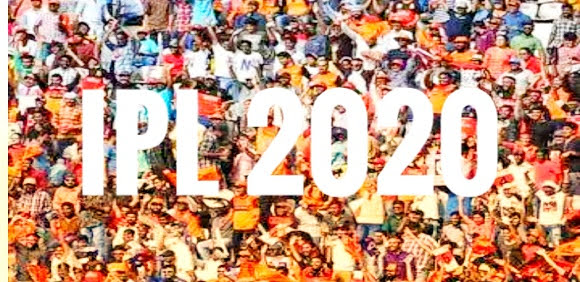The Indian Premier League (IPL) 2020 has been called off due to global pandemic COVID-19 has been till further notice. Scrubbing such big and mega-event would lead to loss of more than half a billion dollars to the Board of Control for Cricket in India (BCCI), a top official has told AFP.
The IPL which had to be started from March 29, is staring at the first wipeout in its 12-year history. Abrogating the tournament would lead to huge financial loss for the Indian cricket board. The IPL contributes to the maximum share of BCCI’s revenue and is reportedly worth more than $11 billion annually to the Indian economy.
“The BCCI is looking at a big revenue loss. In case the IPL does not take place, the loss would be close to 40 billion rupees ($530 million), or even more,” said BCCI treasurer Arun Dhumal as quoted by AFP.
Dhumal also acknowledged that the authorities are not sure of conducting IPL 2020. “We are not sure whether we will be able to have it this year,” he admitted.
Before the starting of the IPL, India’s three-match ODI series against South Africa was scrapped after the first game was washed-out in Dharamsala.

“We will only be able to figure out the exact revenue loss once we are sure of how many games we have lost,” Dhumal said.
According to Duff and Phelps financial consultancy, the brand value of IPL was determined at $6.7 billion in 2019.
As per reports, for five years, the broadcasters Star Sports paid more than $220 million for TV rights up to 2022, they were targeting alone for $400 million of revenue in 2020 alone.
Further, Dhumal said that the last thing BCCI would do, the pay cut from players, hence, the board is estimating the loss they will bear if IPL 2020 is scrapped.
“That would be the last thing that we would want to do at our end. That is why we are working (on) how much is the loss finally we have to pay. So once we are able to assess that then we might consider it, but it will be the last thing on our agenda,” Dhumal concluded.

